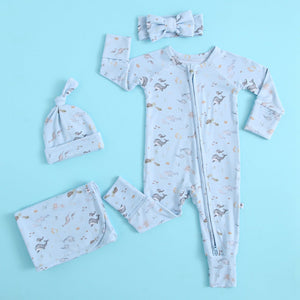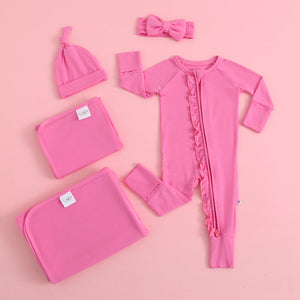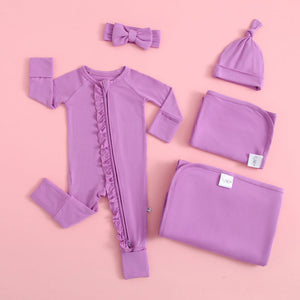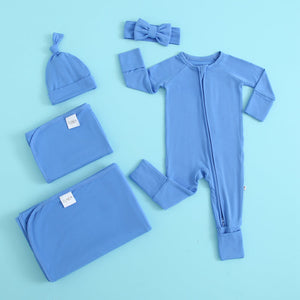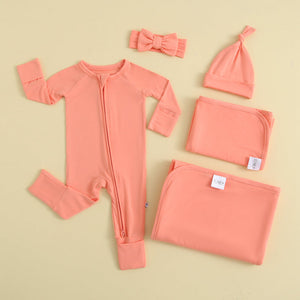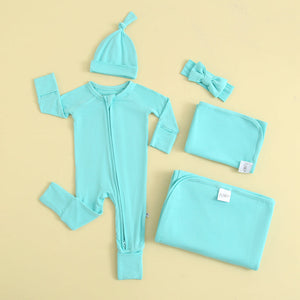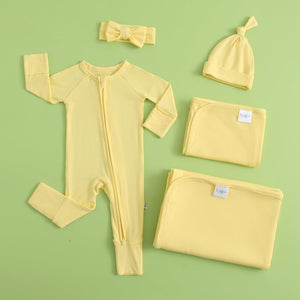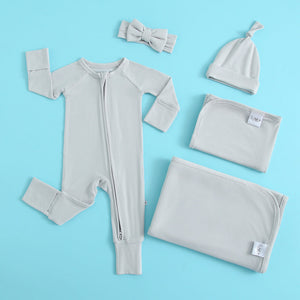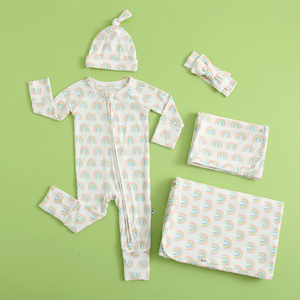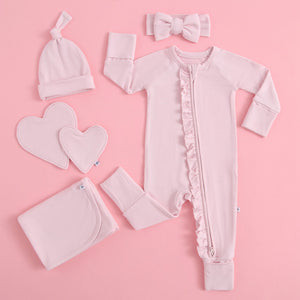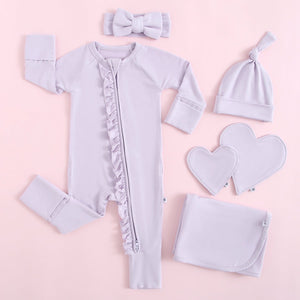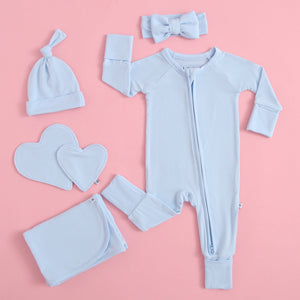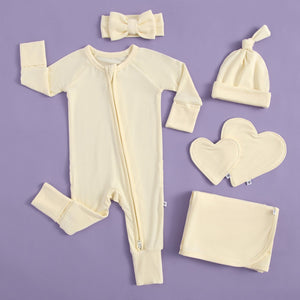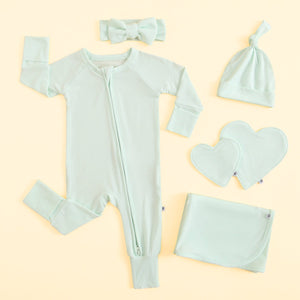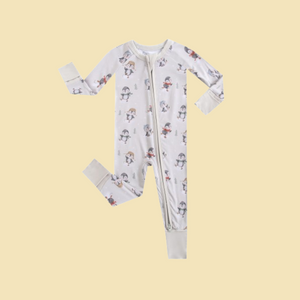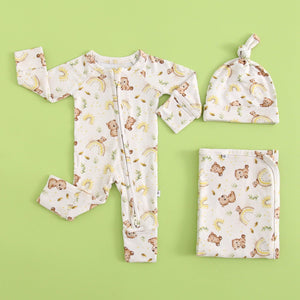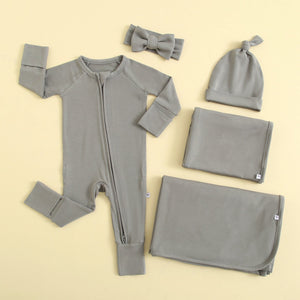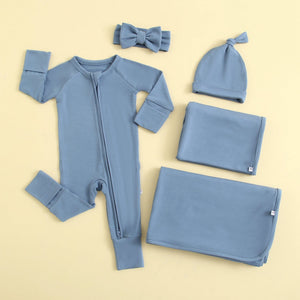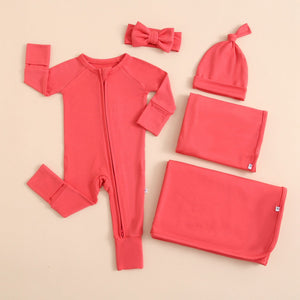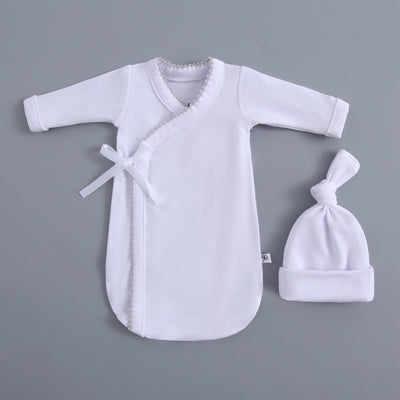
Creating a NICU Survival Kit: Ways to Help You Feel Prepared in the NICU
Share
To help you feel a bit prepared for a situation that you never thought you’d have to prepare for, we created a quick list of the must-haves and must-dos: an unofficial NICU survival kit.
Having a survival kit can help you cope better, feel more prepared, and focus on your baby. Below are 5 key topics to think about so that your survival kit covers what you need: physically, emotionally, and practically.
1. Insurance, Finances, and Paperwork Preparedness
It helps to have your insurance information organized and easy to access. Keep copies of your health insurance cards, Medicaid or state assistance info, and any authorization documents. Know which hospital bills will be covered and what co-pays or deductibles you may be responsible for, so surprise costs are less overwhelming. Also, ask if the hospital offers financial assistance or social workers who can guide you.
2. What to Pack for Comfort & Essentials
You’ll spend many long hours at the hospital; having comfort items makes a big difference. Pack things like comfy clothes, a sweater or robe for kangaroo care, slippers or cozy socks, and toiletries for yourself. Bring items like a large water bottle, healthy snacks, and a portable charger – all to help you stay hydrated, fed, and feel connected. Some extra lifesavers may include simple items, such as chapstick, hand lotion, extension cords, and personal pillows.
3. Baby-Specific Items & Personalization
Even though the NICU will provide many medical items, having some of your baby’s own items can help with bonding and feeling more in control. Think of soft blankets (depending on hospital rules), hats, socks, onesies when possible, and favorite pacifiers. Bring milestone cards, a scent cloth (something smelling like home), and photos. Personalizing your baby’s space helps make the hospital feel a little more like home.
Looking for somewhere to start? Our rompers, blankets, and hats provide your baby with warmth and comfort, and are ideal for NICU care.
4. Emotional Support Tools
Caring for your own emotional strength matters more than you may think. Include things in your kit that help you manage anxiety, fear, or sadness. A journal or notebook can be used to write down what’s happening, your feelings, questions for medical staff, or small wins. Also consider books, coloring books, puzzles, podcasts, or music for moments when your mind needs a break. Having small games or something creative helps pass long waiting periods. These items would especially be beneficial for your baby’s older siblings to help them stay busy and distracted.
5. Communication & Logistics Items
Keeping track of your baby’s care plan, asking questions, and staying connected are vital. Keep tabs in folder where you can store hospital staff contact info, daily progress notes, feeding schedules, and medication updates. Also include practical items like a phone charger (the long ones!), sticky notes, a sharpie marker to label your things (water bottle, blanket, etc.). Having a plan for travel/parking, knowing hospital policies (visiting hours, what is allowed), and arranging for someone to help with home tasks (pets, mail, cleaning) frees your mind.
Putting together a NICU survival kit doesn’t mean you have to have everything perfect. Even a few items can help anchor you when everything else feels unpredictable. Think of your kit as your toolbox: tools to stay grounded, tools to express emotion, tools to ensure you can focus on your baby without forgetting your own needs. You deserve care, comfort, and support just as much as your little one does.
Remember: you are stronger than you think. And by building your kit, you’re setting up a bit more peace for the journey ahead.
Resources & Websites to Help You Build Your Kit
Here are some reliable sources to get more ideas or check hospital-specific rules:
- UnityPoint Health: What to Bring to the NICU (Checklist)
- Twiniversity: NICU Packing List and Navigation Tips
- Lurie Children’s Hospital — NICU parent & family resources
















